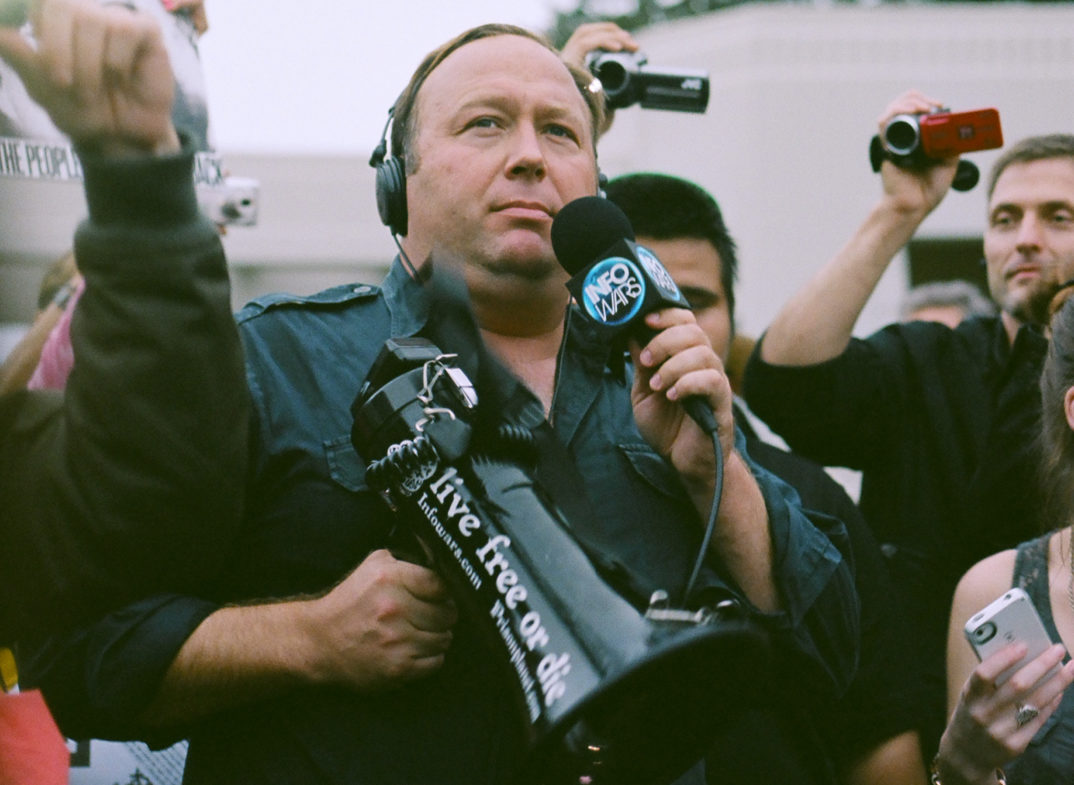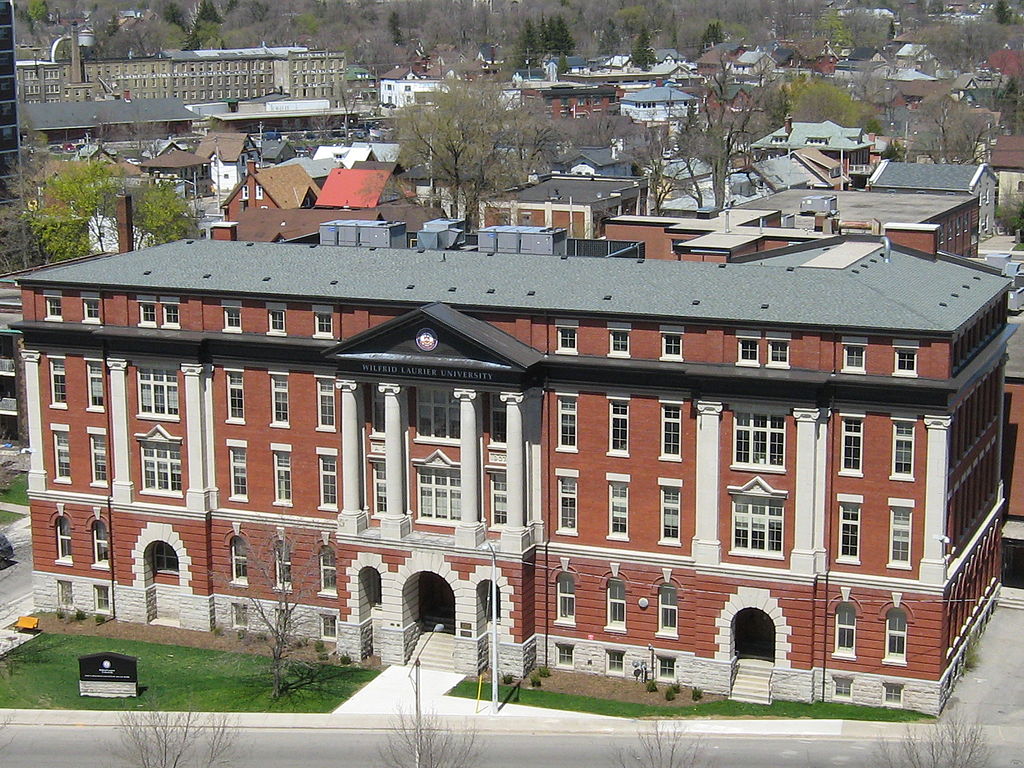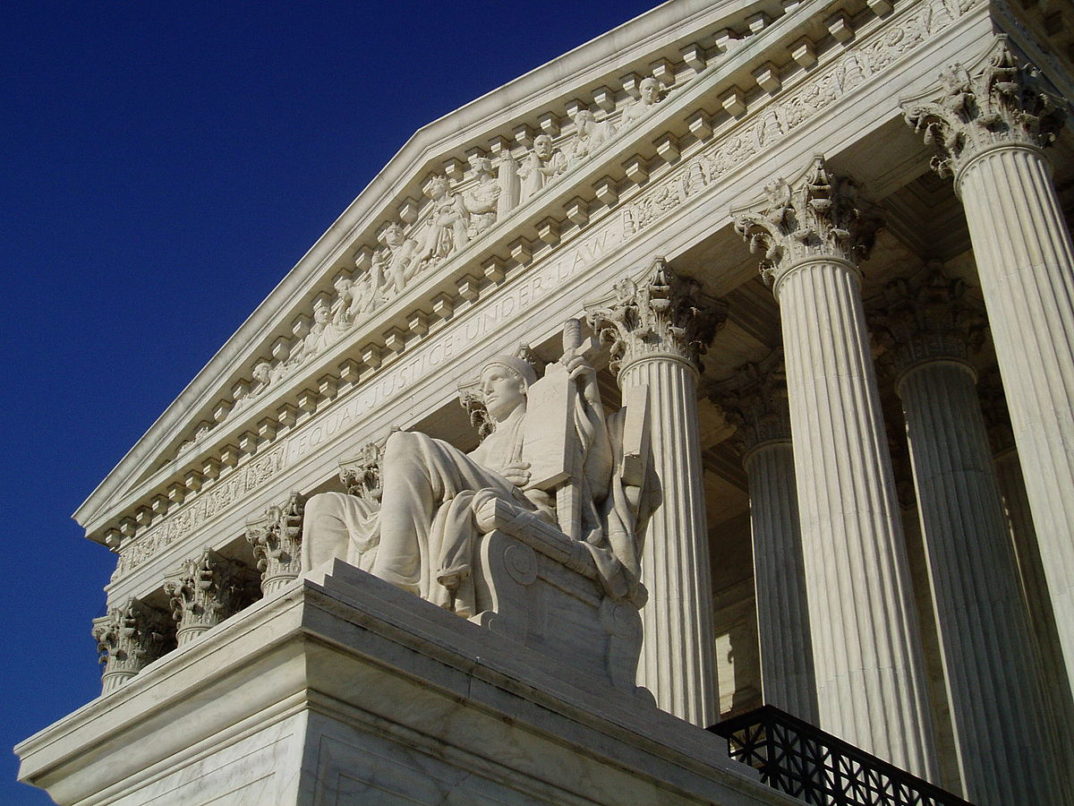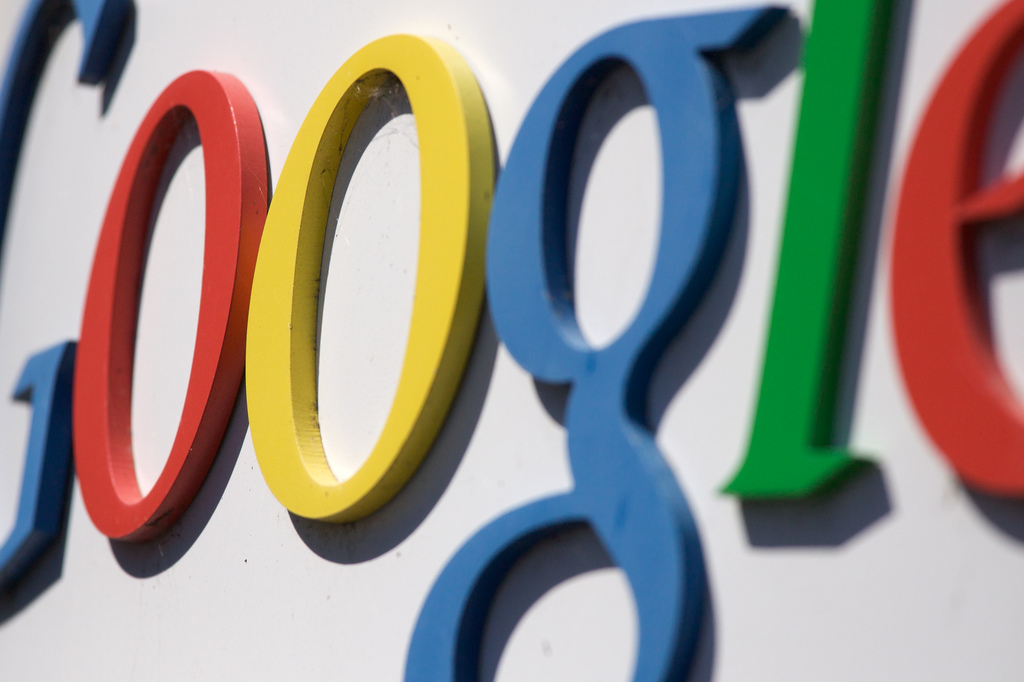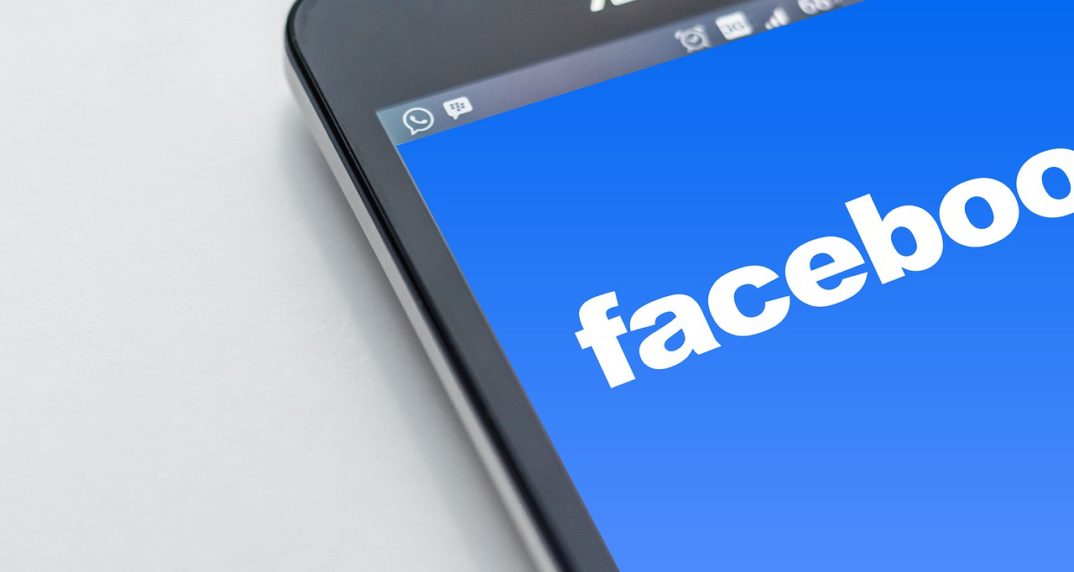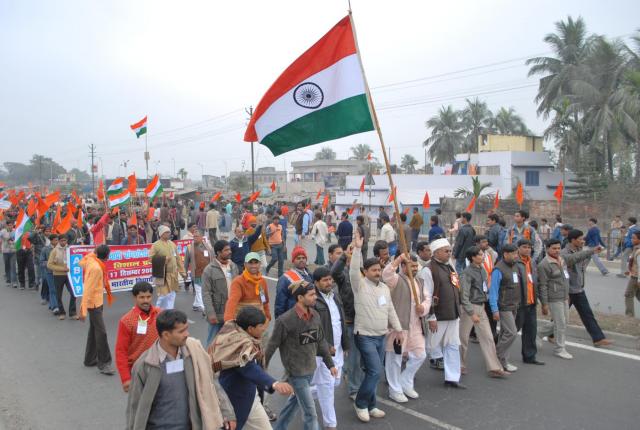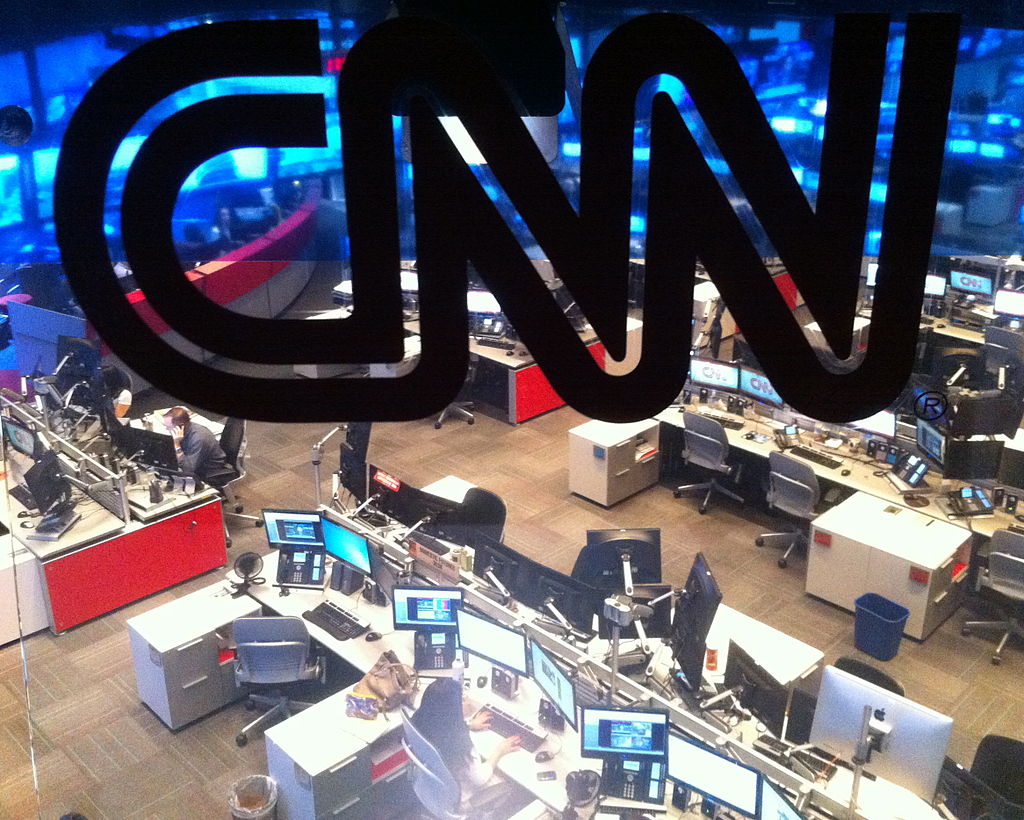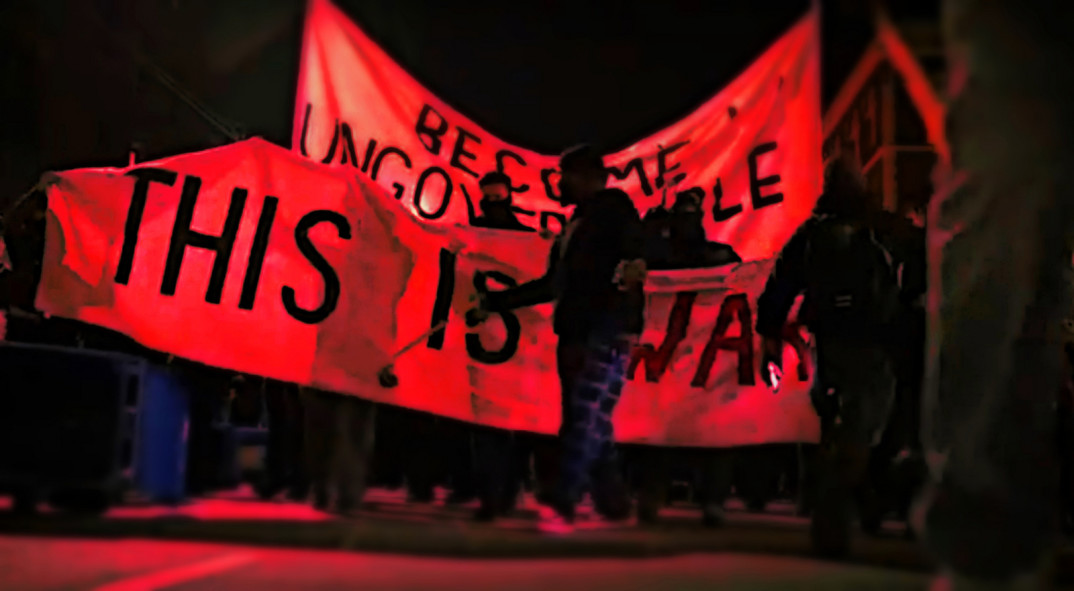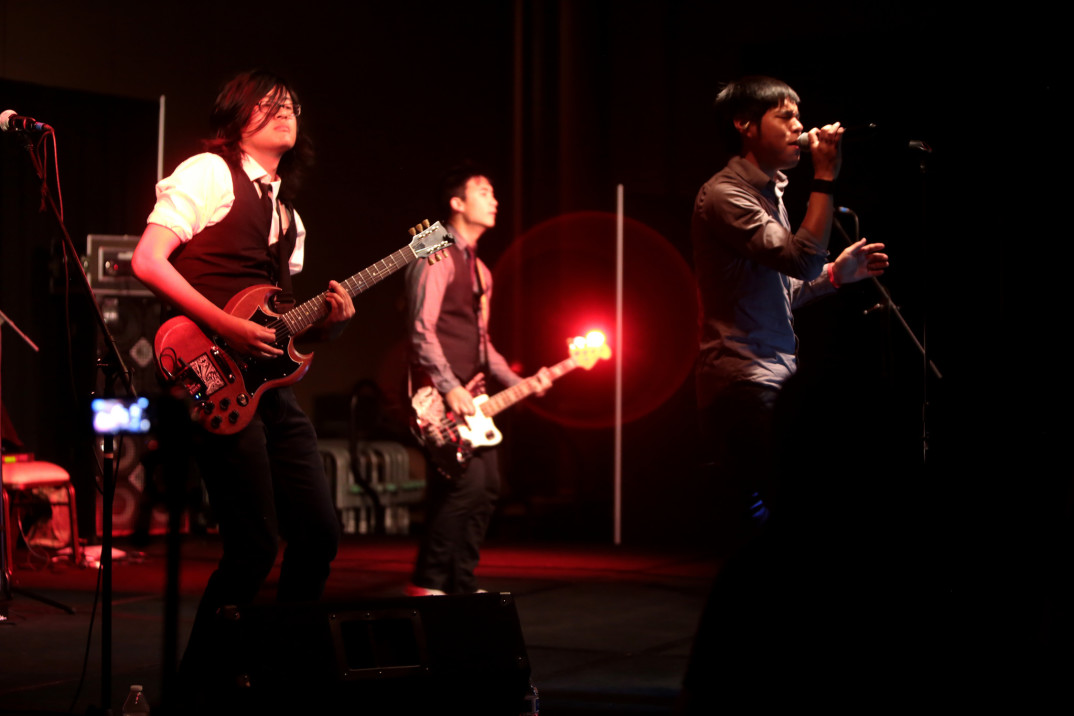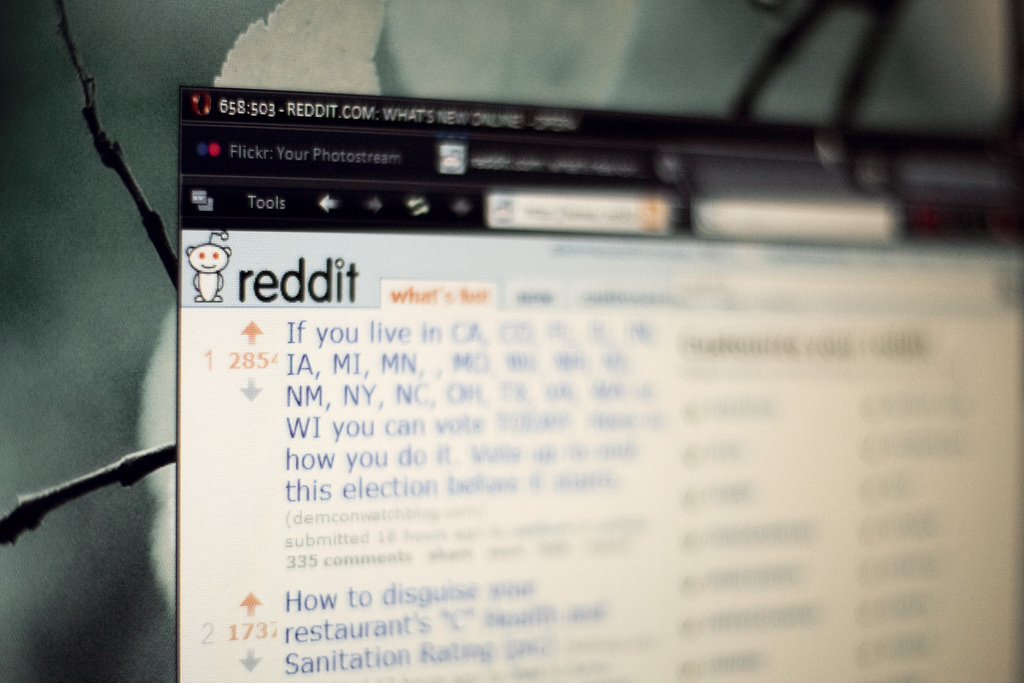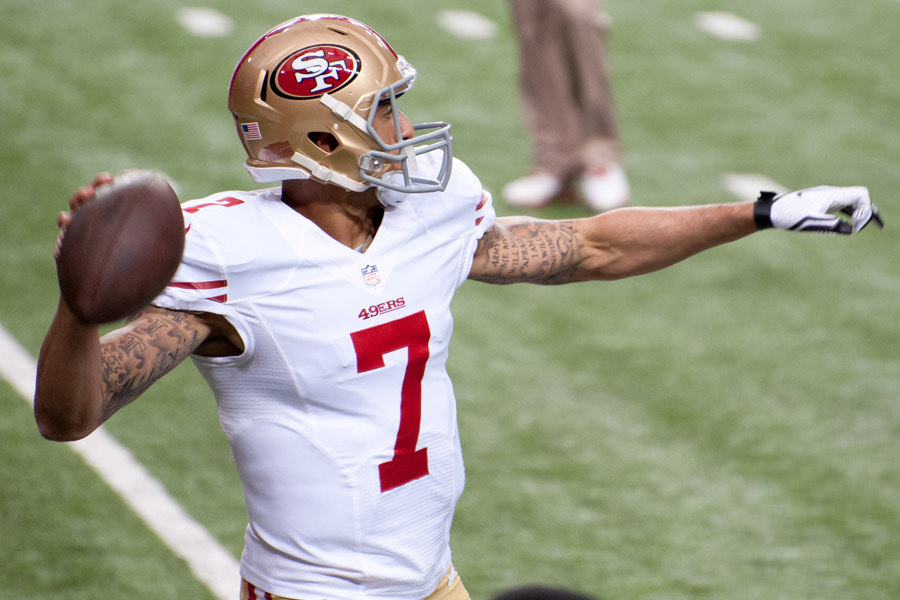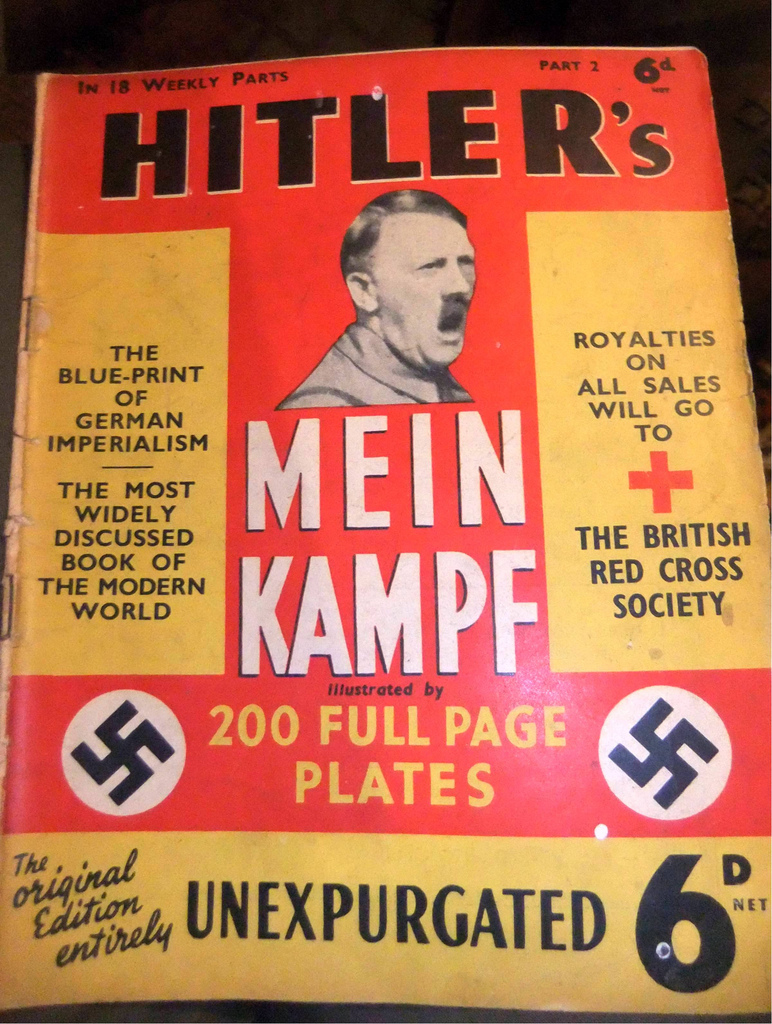Alex Jones was removed from Youtube and other major social networks for repeatedly violating the site’s community guidelines. Among other things, Youtube’s community guidelines prohibit nudity or sexual content, harmful or dangerous content, violent or graphic content, and most relevant to this situation, hateful content and harassment. While the site describes its products as “platforms for free expression,” it also states in the same policy section that it does not permit hate speech. How both can be true simultaneously is not entirely clear to me.
Continue reading “The Dangers and Ethics of Social Media Censorship”

